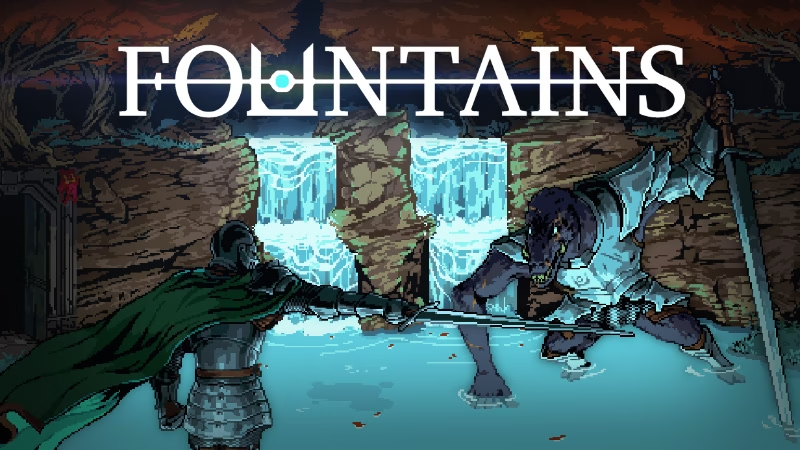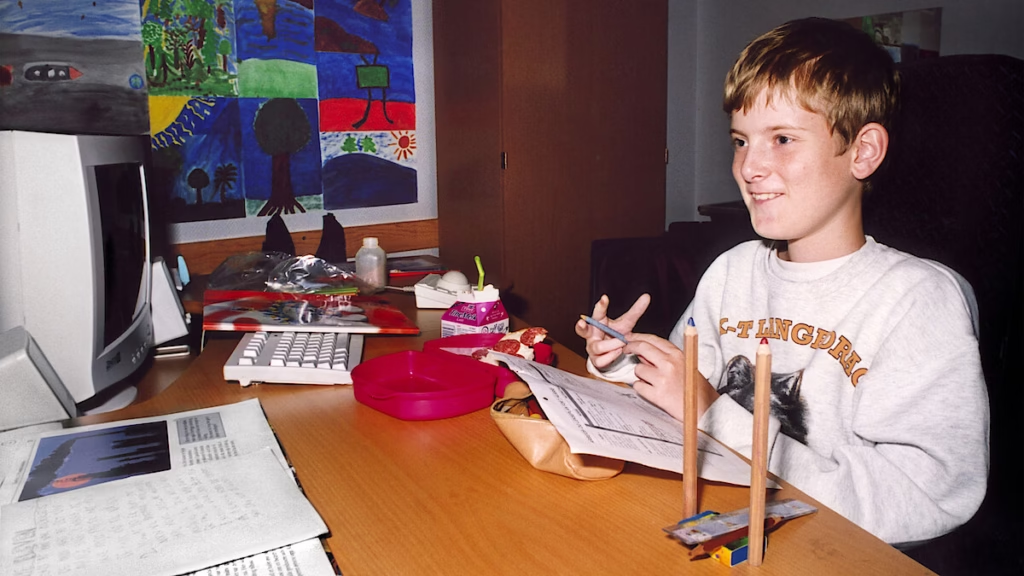When it comes to the Soulsborne franchise, I would rate my skill level as below average. It took me over an hour to defeat Elden Ring’s Malenia — one of the most memorable boss battles in gaming — and 165 hours to complete the base game (60-100 being the median). The Artorias fight from Dark Souls — my favourite in the franchise — also took me over an hour to win. I’ve never managed to finish Sekiro, and don’t think I ever will. I have never defeated an invader that wasn’t an NPC.
Despite this, I’ll gladly fire up any of the Soulsborne games (the grindy Dark Souls II being the exception) again today and die a thousand deaths with a stupid grin on my face.
My track record with Soulsborne clones and Souls-likes is significantly worse, but for very different reasons. I can barely make it to the second boss in Sifu because I find the combat repetitive and lose interest. I gave up on Wo Long because I found the combat system too rigid. I abandoned Nioh, Lords of the Fallen (the first one) and Lies of P because I found their gameplay tedious. Of the 2D Souls-likes I’ve tried, I dumped Blasphemous after a couple of hours and Salt and Sanctuary after one. Of all the Souls-likes I’ve ever played, it’s only the exceptional Hollow Knight that comes close to dethroning Dark Souls.
The Souls series has delivered for me the purest highs that gaming has to offer. Soulsborne boss battles are — almost without exception — challenging, cinematic, and epic in every sense of the word. Nothing (except perhaps the previously mentioned Hollow Knight) has come even close to matching that deep sense of satisfaction and pride you feel when you finally vanquish a boss.
Soulsborne games can be punishingly hard, with level-design often bordering on malevolent. While the games have inspired a million ‘git gud’ memes, they’ve also inspired a following that is the envy of many a AAA dev.
And that’s the thing about the franchise, and especially so for Elden Ring: it’s not just about ‘git gud’.
My aforementioned lack of skills should be testament to that fact. Sure, you could go full masochist and take on Malenia in nothing but your underwear and a cauldron for a helmet, but you don’t have to. Boss fight too hard? Call upon a friend(-ly stranger) to obliterate the boss for you. Don’t like swords? Use spears, magic, hammers, daggers, or even shields if you so desire.
You’re never forced into one play-style. Progress is always possible. Alternate paths to victory abound. Part of the reason it took me so long to complete Elden Ring was that I spent dozens of hours modifying my build and exploring play-styles and every nook and cranny of that intricately detailed world. That statement doesn’t hold true of most Soulsborne clones.
Enter Fountains
Fountains, a Souls-like 2D action RPG by one-man dev team John Pywell wears its inspiration on its sleeve.
On the surface, the game has replicated the Soulsborne formula rather well. A large, interconnected world with metroidvania elements? Check. A save system (involving fountains instead of bonfires) that resets the world every time you rest or die? Check. Obscure quests, environmental story-telling done right, lore that is largely inferred, a messaging system that encourages cooperation amongst players? Check, check, check, and check.
Fountains’ 2D world has been crafted well. It feels atmospheric and mysterious, and there’s a lot to discover as you explore Pywell’s creation. Paths open up where you least expect them, curiosity is rewarded, and you feel a sense of accomplishment as the various pieces of the story start falling into place.
What finally broke me, though, was combat; specifically, a boss battle with one Judge Rhamos. It’s not a challenging fight per se, but it’s by far the most tedious and representative of my one key issue with Fountains: dull combat.
Enemy variety is great, but your weapon of choice is the sword, and only the sword. You find upgrades as you progress, but only to slightly higher damage swords. Each new sword stacks some sort of unique benefit — such as more stamina or health — on top of damage, but your moveset never changes and damage doesn’t increase meaningfully after the first upgrade.
In comparison, while Hollow Knight also limits you to one weapon and moveset, the combat never feels dull. Each upgrade is meaningful and dramatically improves the power and reach of your weapon. Boss fights have flair and are expertly crafted. You experience the same feeling of awe (when you first encounter a boss) and elation (when you defeat said boss) that you get when playing one of the Soulsborne games. Fountains, sadly, has none of that.
I’m rooting for Pywell
Atmosphere and cinema aren’t easy to achieve, especially if you’re a solo dev, but Pywell has made more progress on that front than have dev teams from much larger studios. Combat and boss design needs work, but I think we can all appreciate the effort needed to design, tune, and animate movesets for weapons and bosses. And again, this is a one-man dev team we’re talking about here.
Fountains isn’t the best Soulsborne clone out there, but it’s better than most. If this is Pywell’s first game, I can’t even imagine the kind of incredible work he’ll be releasing in the coming years. I don’t know if he intends to add more content to Fountains, but I hope he does. Even if he chooses to move on, though, Pywell is one developer I’ll be keeping a close eye on, and rooting for.
Steam version of the game purchased on PC


